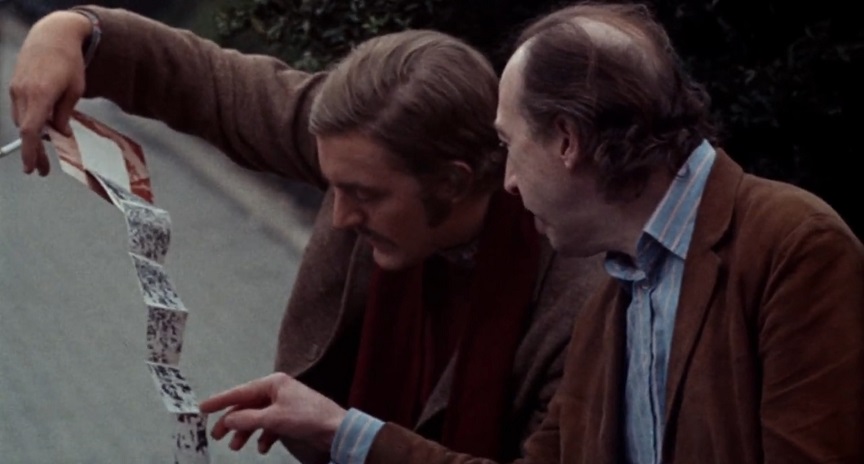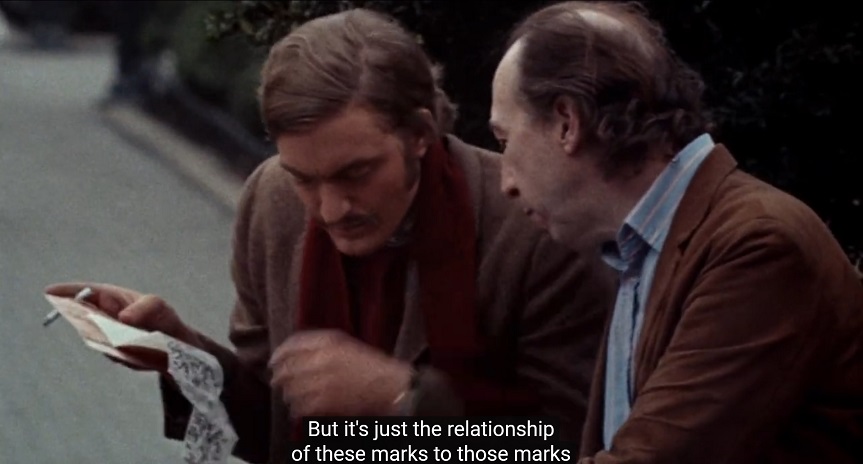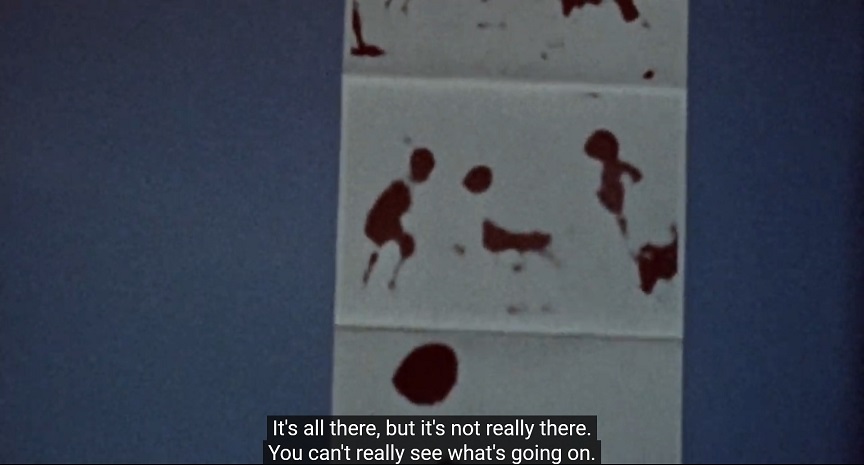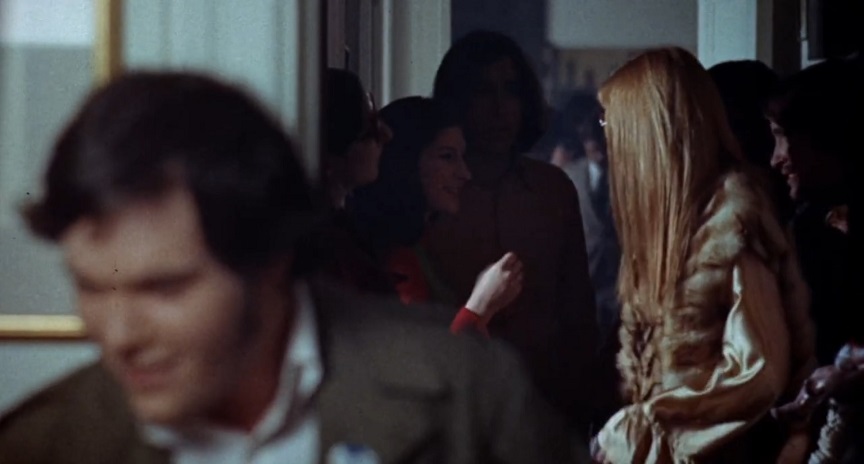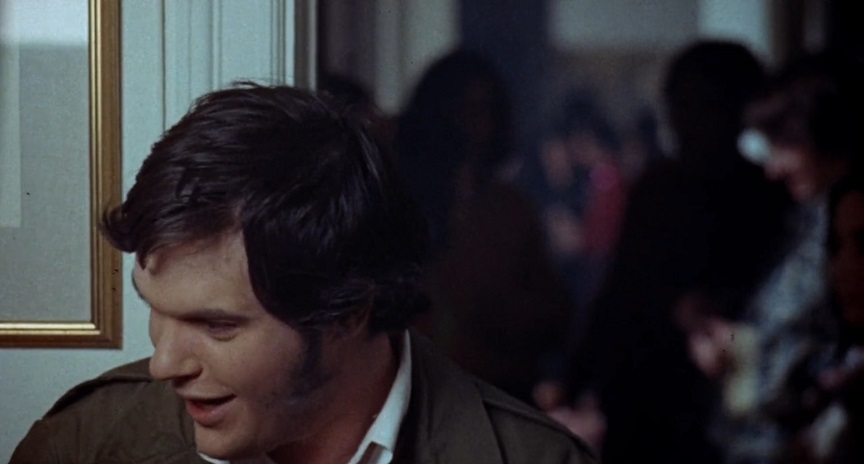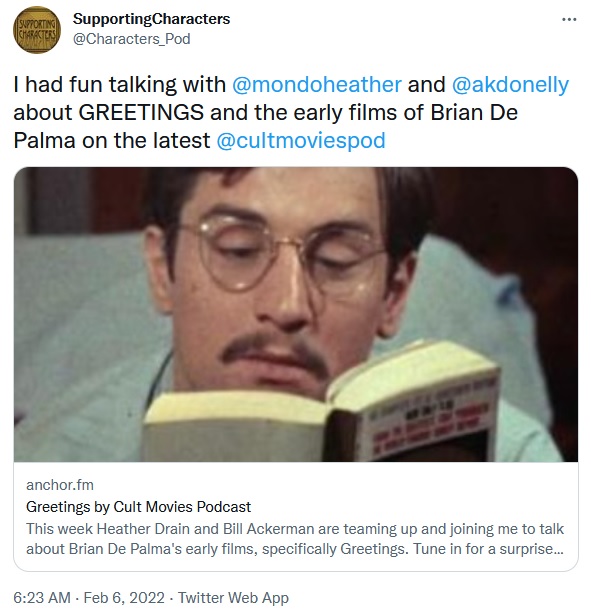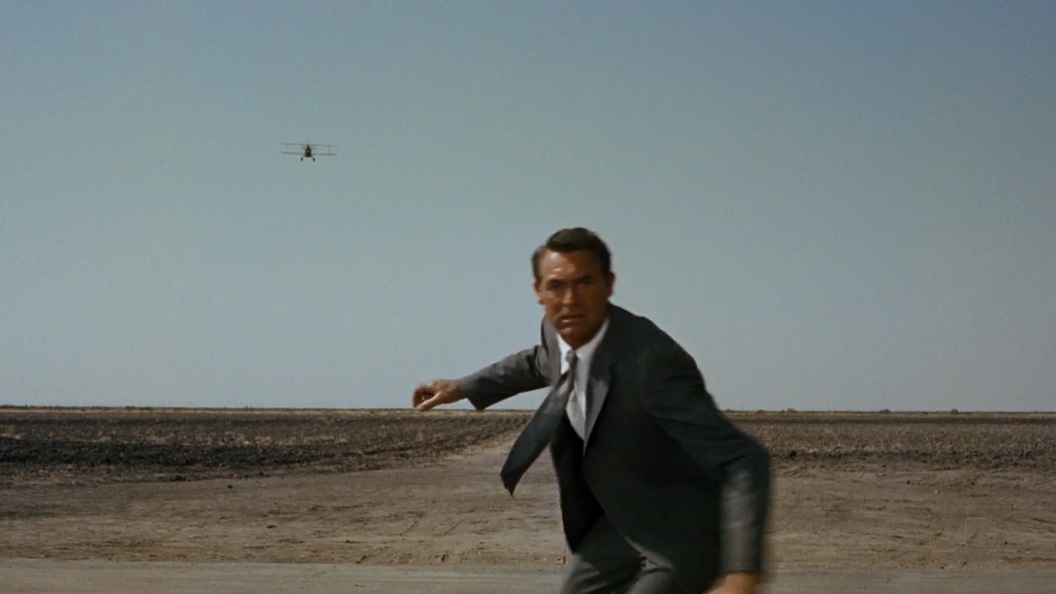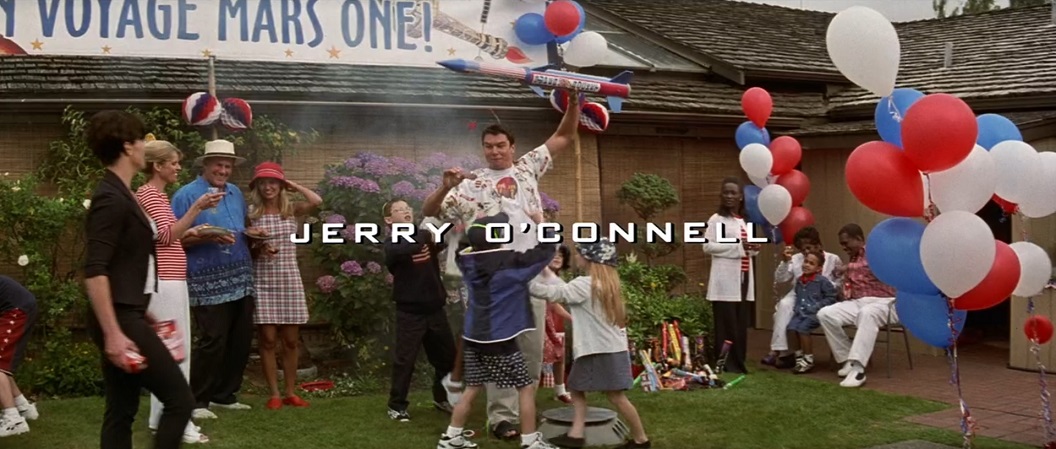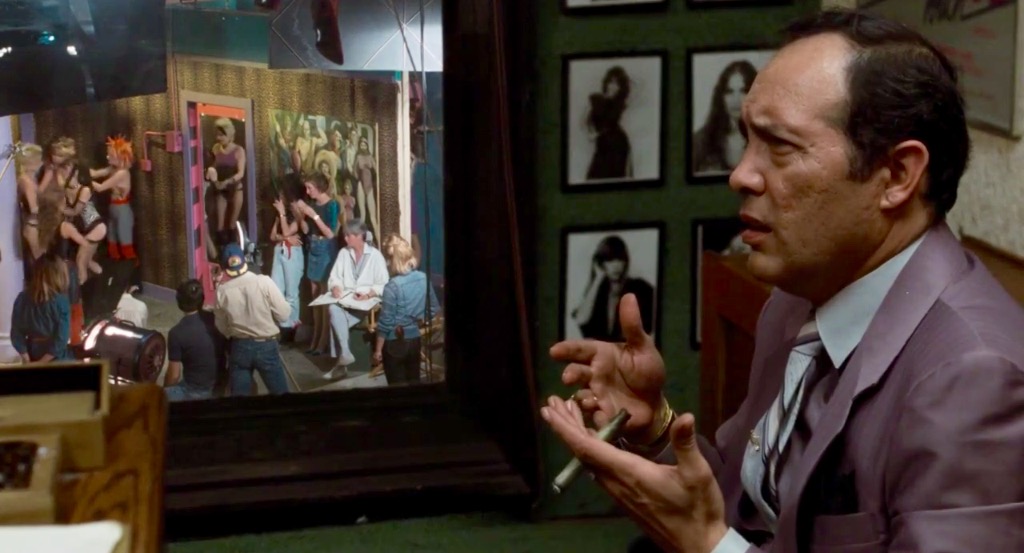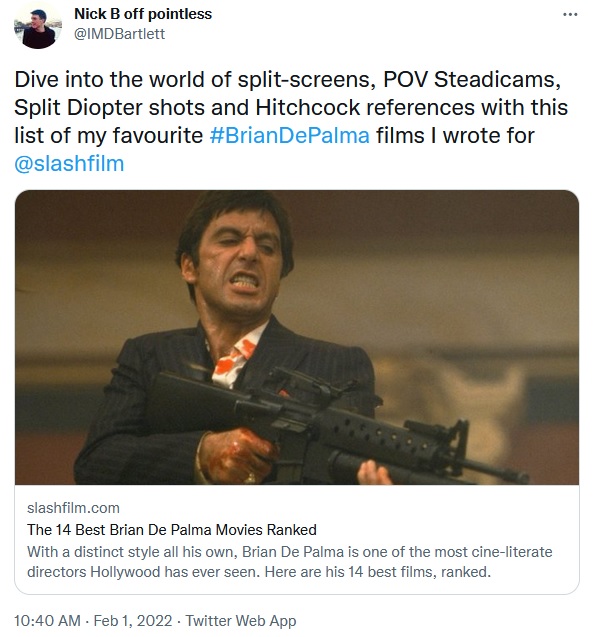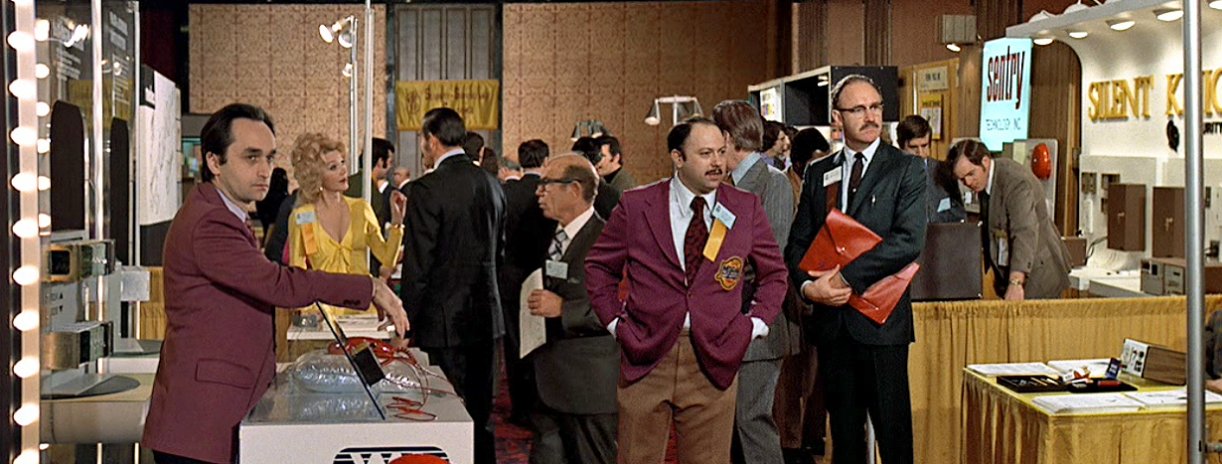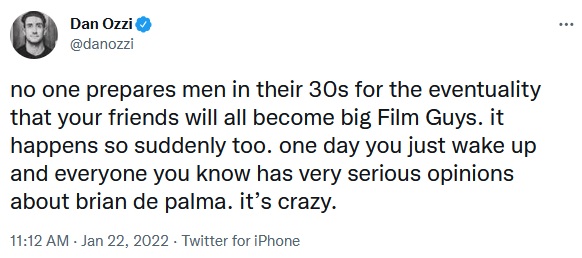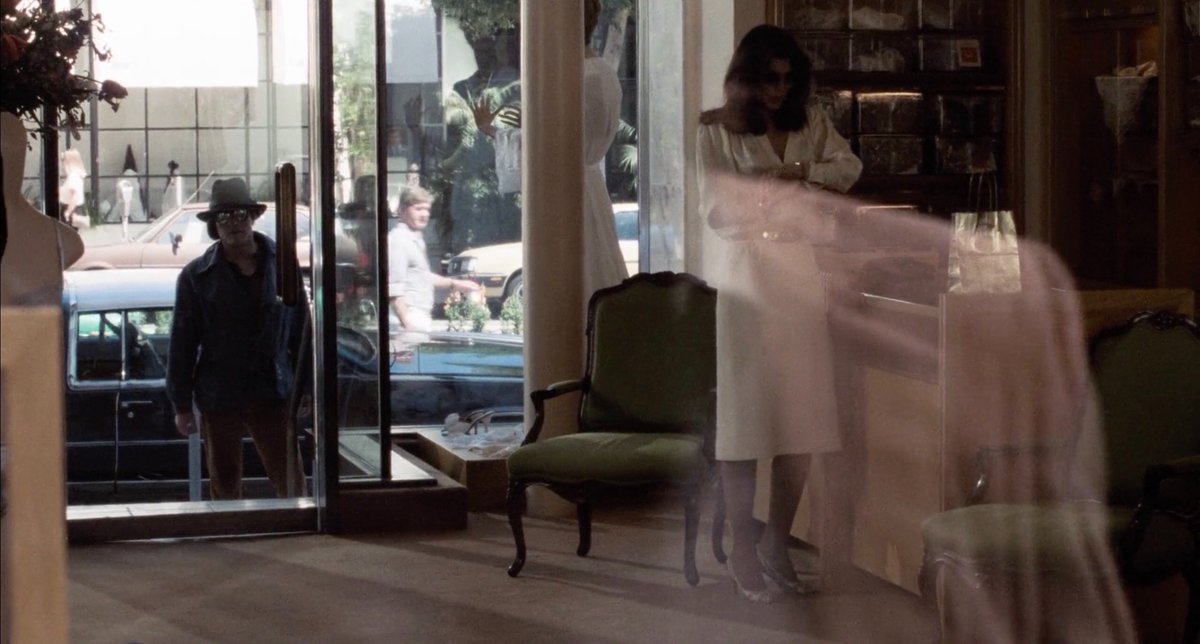COLIN EDWARDS DELVES INTO DE PALMA'S 'GREETINGS'
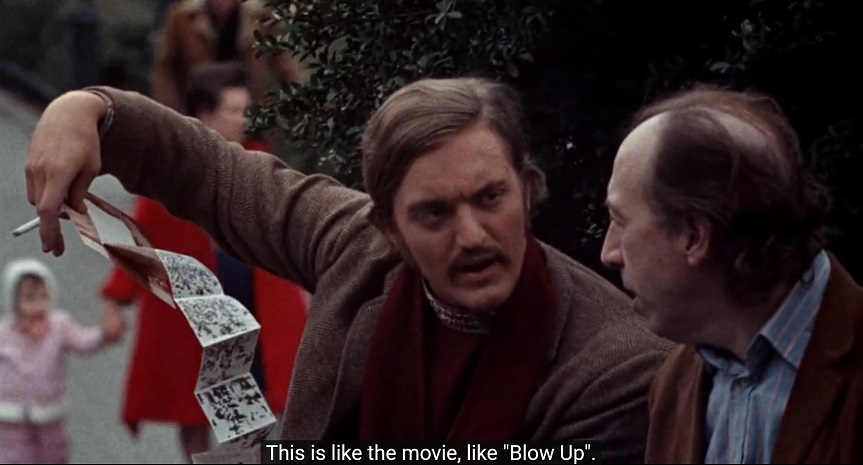
While I was checking out that Cult Movies Podcast about Greetings yesterday, I happened upon an insightful post about the film by Colin Edwards, from 2019:
Taking inspiration from Jean-Luc Godard and the French New Wave, as well as Richard Lester’s ‘A Hard Day’s Night’, it’s a free-wheeling, hip, youthful third feature by De Palma.And that’s how it plays out for the first half with sped-up sequences of tomfoolery set to era-appropriate pop music, semi-improvised slacker talk, fourth-wall breaks and a scattershot, comedic vibe like a sort of anarchic sketch show or a cinematic ‘happening’, man. It works, mostly, and is funny, mostly. I was having a good time.
Then De Palma suddenly exerts himself with a couple of set-pieces that could come from no-one else but him, like he’s had a sudden artistic growth spurt caught on camera. The change happens when De Niro’s character delivers an address to camera on the psychology of “peeping” and the sexual aspect of watching. Once all this has been described for us (thanks for the lecture, Brian!) we then see it demonstrated before our very eyes with De Niro filming a young woman whilst directing her for our pleasure and we get to reflect on the process of seeing. It’s nicely done but it’s the “gag” comes at the end with a brief misdirect followed by a double-punch line that’s really cool. Oh, he’s watching it on a screen after a… ah, no he’s not! De Niro walks “through” the camera (“What are you doing coming in through my window?!”) and physically invades her space. It’s clever, funny and very, VERY De Palma.
That’s followed by another cool scene that’s pretty remarkable and pays off an earlier scene which explained how we can identify people and objects from the most minimal points of visual information. The camera is filming a guy at a party as he talks about stoners. We’re listening although De Palma starts playing with the focus and depth of field so we’re drawn to De Niro who is standing in the far background although our attention is then quickly hijacked by a pretty women filling the visual space only to be replaced by another man in the background in a red top inspecting a glass. The focus then shifts back to the foreground and the first man, who is still talking but are we listening? Our attention is still on the background although the people we are watching are now nothing more than points and slices of coloured light, as though we are standing too close to a moving Seurat painting. It is gorgeous and allows De Palma to present to us a beautiful effect of moving colours and shapes that blurrily exist on the edge of coalescence. It’s the sort of shot he would’ve used his precious dioptre for in later films but here, without it, the effect is wonderfully impressionistic. The film has shifted from a youthful romp to something else; something brimming with confidence.
Perhaps too much confidence that’s quivering on the point of over-spilling because although ‘Greetings’ is inventive and smart it is also didactic and arrogant. A number of times De Palma lectures (he might call it “priming”) us on various aspects of filmmaking so he can pull off a big reveal. Fair enough and it helps sells his gag but there’s also a self-congratulatory air about the proceedings, especially when one character (a dirty movie seller) starts telling De Niro (us) how beautiful what we’re watching is. He’s right, it is beautiful, but if someone was to say De Palma is arrogant then, from the evidence here, I’d not object. Likewise, if someone said these were nothing more than film-school formal experiments I would not disagree. But boy, they’re fun and pretty.
If you are a De Palma fan (which I most certainly am) you’ll enjoy ‘Greetings’ simply from seeing a distinctive and talented director demonstrating and exploring his style. What is also fascinating is how much later De Palma is already here, almost fully formed. Characters discuss Antonioni’s ‘Blow Up’ and political paranoia, essentially laying out the entire concept for ‘Blow Out’ before our eyes. Likewise with ‘Casualties of War’ and the horrors inflicted, specifically, on Vietnamese women. And it should come as no surprise that there is so much comedy here as De Palma has always demonstrated an acute sense of humour in his movies, even if it is often covered in a veneer of set-piece sleaze and thrilling voyeurism.
One of the funniest moments (which I’ll spoil so feel free to skip this paragraph) involves Robert De Niro when his attempt to dodge the draft backfires. After telling the army psychiatrist his most psychotic, racist, murderous, insane, offensive, right-wing, violent, psychopathic thoughts which he hopes will get him rejected for their extreme nature, he’s causally told — “You’re just a little over zealous.” It’s funny as hell and gives a wonderful, subversive punch to that particular anti-war thread.
